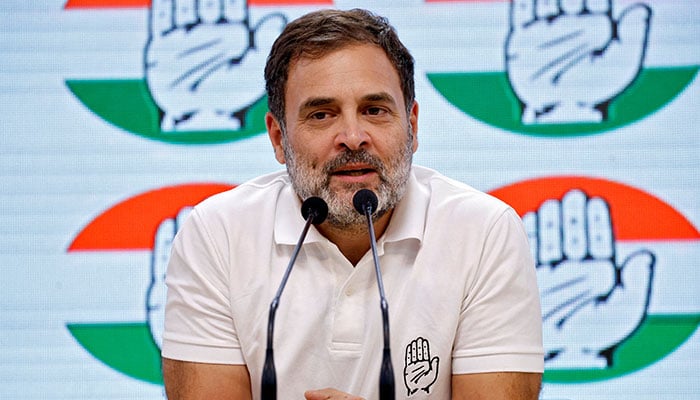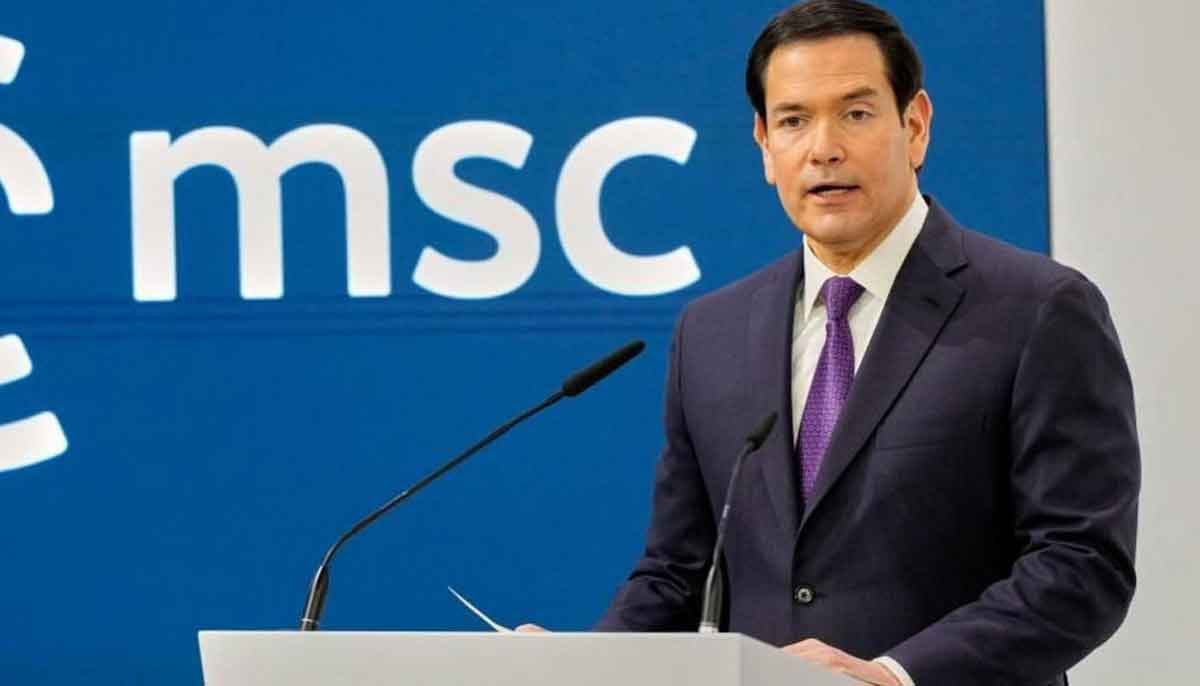India's Rahul Gandhi says opposition lawmakers won't be silenced
“This time, the opposition represents significantly more voice of the Indian people," says oppostion leader
India’s new opposition leader Rahul Gandhi said Wednesday in his first speech since formally taking up a post vacant for a decade that his lawmakers would not be silenced.
Gandhi, Prime Minister Narendra Modi’s chief rival, was appointed by fellow opposition lawmakers to the post in a signal of a reinvigorated challenge to the government.
“The government has political power, but the opposition also represents the voice of India’s people,” Gandhi said in a speech in the lower house of parliament, accompanied by supportive thumps by his party’s lawmakers on their desks.
“This time, the opposition represents significantly more voice of the Indian people.” In the past two parliaments, Gandhi’s once-mighty Congress party did not have enough seats in the legislature to qualify him for the post.
Modi’s first two terms in office followed landslide wins for his right-wing Bharatiya Janata Party (BJP), allowing his government to drive laws through parliament with only cursory debate.
However, the BJP won only 240 seats in this year's poll, its worst showing in a decade and 32 seats below a majority. That forced it to rely on coalition allies to build a 293-seat majority in the 543-seat lower house.
Modi, 73, on Monday appealed to an emboldened opposition for “consensus” following his election setback.
‘Defend the constitution’
Gandhi, 54, defied analysts’ expectations and exit polls to help his Congress party nearly double its parliamentary numbers. It was its best result since Modi swept to power in 2014, and rescued it from the political wilderness.
“We would like the house to function often and well,” Gandhi told veteran BJP lawmaker Om Birla, the speaker in the previous parliament, who was reelected on Wednesday to the post.
“It is very important that cooperation happens on the basis of trust,” he added. “It is very important that the voice of the opposition is allowed to be represented in this house.”
Modi’s BJP remains in control of all key cabinet posts, but analysts say he will be forced to seek consensus within his coalition to push more contentious legislation through parliament.
Gandhi told Birla that the speaker’s role was not only to facilitate the passing of laws, but also to ensure democratic debate flourished. “The question is not: How efficiently the house is run? The question is: How much of India’s voice is being allowed to be heard in this house?” Gandhi said.
“The idea that you can run the house efficiently by silencing the voice of the opposition is a non-democratic idea,” he added. “This election has shown that the people of India expect the opposition to defend the constitution of this country.”
-
Hilarie Burton reveals Valentine's Day plans with Jeffrey Dean Morgan
-
Jacob Elordi, Margot Robbie on 'devastating' scene in 'Wuthering Heights'
-
China to implement zero tariffs on African imports in major trade shift
-
Jack Thorne explains hidden similarities between 'Lord of the Flies' and 'Adolescence'
-
Elon Musk vs Reid Hoffman: Epstein files fuel public spat between tech billionaires
-
New Zealand flood crisis: State of emergency declared as North Island braces for more storms
-
Nancy Guthrie case: Mystery deepens as unknown DNA found at property
-
James Van Der Beek's final conversation with director Roger Avary laid bare: 'We cried'












